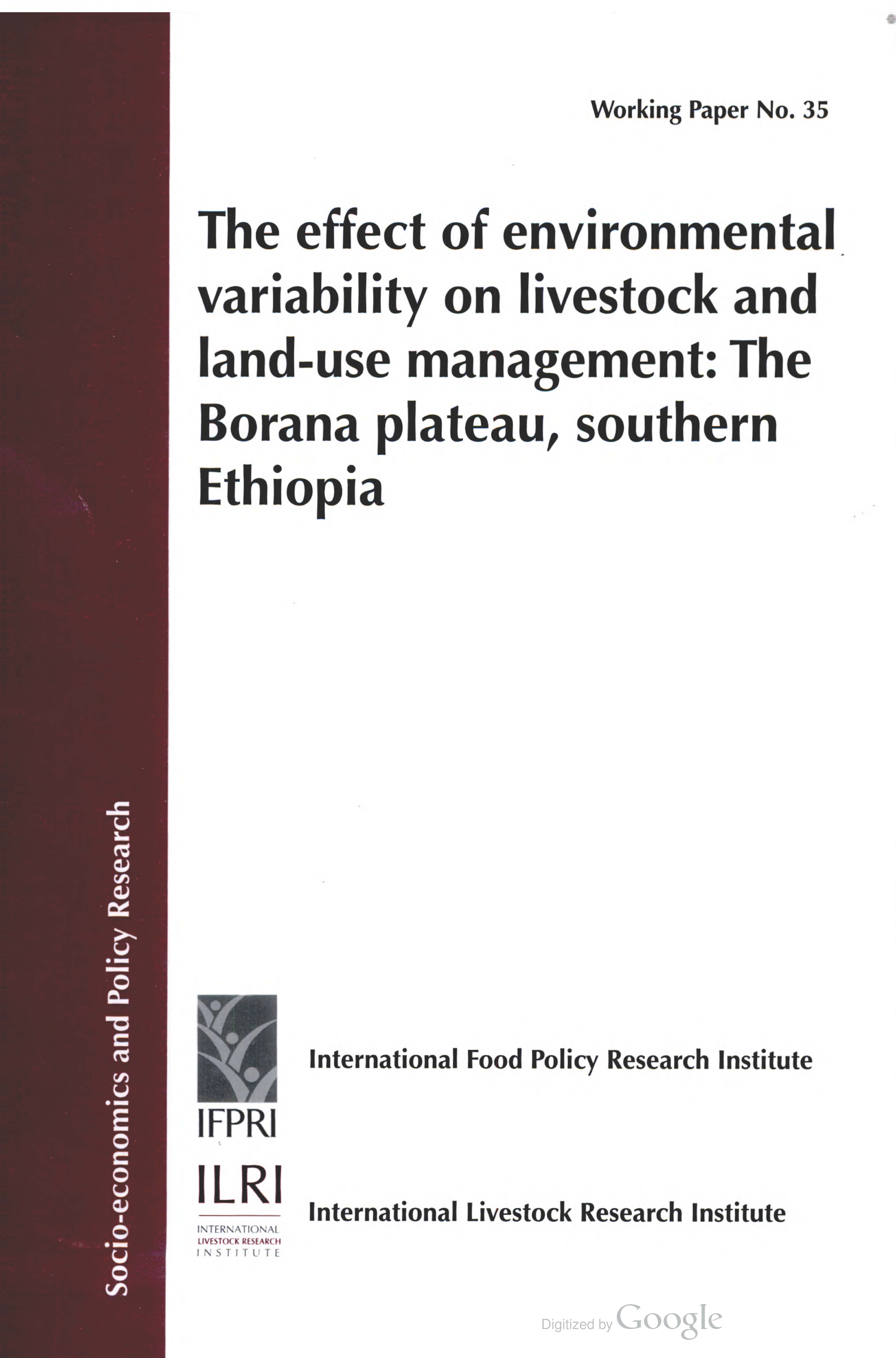Focal point
Location
About IFPRI
The International Food Policy Research Institute (IFPRI) provides research-based policy solutions to sustainably reduce poverty and end hunger and malnutrition in developing countries. Established in 1975, IFPRI currently has more than 500 employees working in over 50 countries. It is a research center of theCGIAR Consortium, a worldwide partnership engaged in agricultural research for development.
Vision and Mission
IFPRI’s vision is a world free of hunger and malnutrition. Its mission is to provide research-based policy solutions that sustainably reduce poverty and end hunger and malnutrition.
What We Do
Research at IFPRI focuses on six strategic areas:
- Ensuring Sustainable Food Production: IFPRI’s research analyzes options for policies, institutions, innovations, and technologies that can advance sustainable food production in a context of resource scarcity, threats to biodiversity, and climate change. READ MORE
- Promoting Healthy Food Systems: IFPRI examines how to improve diet quality and nutrition for the poor, focusing particularly on women and children, and works to create synergies among the three vital components of the food system: agriculture, health, and nutrition. READ MORE
- Improving Markets and Trade: IFPRI’s research focuses on strengthening markets and correcting market failures to enhance the benefits from market participation for small-scale farmers. READ MORE
- Transforming Agriculture: The aim of IFPRI’s research in this area is to improve development strategies to ensure broad-based rural growth and to accelerate the transformation from low-income, rural, agriculture-based economies to high-income, more urbanized, and industrial service-based ones. READ MORE
- Building Resilience: IFPRI’s research explores the causes and impacts of environmental, political, and economic shocks that can affect food security, nutrition, health, and well-being and evaluates interventions designed to enhance resilience at various levels. READ MORE
- Strengthening Institutions and Governance: IFPRI’s research on institutions centers on collective action in management of natural resources and farmer organizations. Its governance-focused research examines the political economy of agricultural policymaking, the degree of state capacity and political will required for achieving economic transformation, and the impacts of different governance arrangements.
Research on gender cuts across all six areas, because understanding the relationships between women and men can illuminate the pathway to sustainable and inclusive economic development.
IFPRI also leads two CGIAR Research Programs (CRPs): Policies, Institutions, and Markets (PIM) andAgriculture for Nutrition and Health (A4NH).
Beyond research, IFPRI’s work includes partnerships, communications, and capacity strengthening. The Institute collaborates with development implementers, public institutions, the private sector, farmers’ organizations, and other partners around the world.
Resources
Displaying 1216 - 1220 of 1521The effect of environmental variability on livestock and land-use management: The Borana plateau, southern Ethiopia
Village stratification for policy analysis: Multiple development domains in the Ethiopian highlands
This paper presents a method for stratifying villages into Development domains using multivariate analysis of a broad community-based survey. The results from the analysis are used to draw conclusions in terms of policy implications. Topics of discussion include Development domains and policy implications. The paper ends with comment by Samuel Benin.
Land Degradation and Strategies for Sustainable Land Management in the Ethiopian Highlands
Balancing agricultural development and deforestation in the Brazilian Amazon
Since the 1970s, federal policies promoting migration and encouraging agricultural development of large farms, logging, and ranching have led to the deforestation of vast areas of the Amazon rainforest.Though these policies have largely been replaced, deforestation continues. What effects do current macroeconomic and regional policies and events have on deforestation and on the well-being of settlers on the agricultural frontier?
Reaching sustainable food security for all by 2020
"As part of its 2020 Vision for Food, Agriculture, and the Environment Initiative, the International Food Policy Research Institute (IFPRI) has articulated a vision of what the world should look like in 2020: it should be a world free from poverty, hunger, malnutrition, and unsustainable natural resource management.






